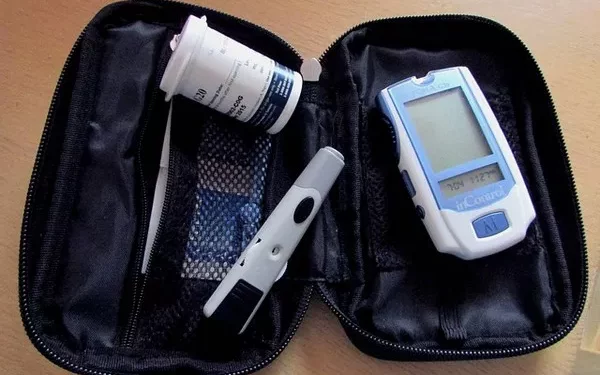A recent study has highlighted the alarming impact of sugary beverages on global health, revealing that in 2020 alone, these drinks were responsible for millions of cases of type 2 diabetes and cardiovascular disease, contributing to hundreds of thousands of deaths worldwide.
The study, published on January 6, 2025, in Nature Medicine, was conducted by researchers from Tufts University’s Friedman School of Nutrition Science and Policy. Using data from the Global Dietary Database (GDD) — which encompasses dietary habits across 118 countries — the research analyzed findings from over 450 studies, involving 2.9 million participants between 1990 and 2020.
The results are sobering. The study estimates that sugary drinks, including soda and sweetened juices, were linked to 2.2 million new cases of type 2 diabetes and 1.2 million cases of cardiovascular disease in 2020. Additionally, these beverages were implicated in 340,000 deaths due to these conditions in the same year.
Dr. Dariush Mozaffarian, the study’s senior author and a renowned cardiologist at Tufts University, emphasized the gravity of the situation. “Sugary drinks contribute to more than 330,000 annual deaths from diabetes and heart disease globally,” he stated in an interview with CNN.
Understanding the Risks: Why Sugary Drinks Are So Harmful
Experts have long warned about the dangers of sugar-sweetened beverages, and the latest findings confirm these concerns. Dr. Cheng-Han Chen, a cardiologist and director of MemorialCare Saddleback Medical Center, explained that sugary drinks are a major contributor to the development of both diabetes and heart disease, noting that their effects are well-documented in medical research.
The mechanism behind this link lies primarily in the high sugar content of these drinks, which causes rapid spikes in blood glucose levels. Dr. Christoph Buettner, a professor at Rutgers University and an expert in endocrinology, elaborated: “Sugary drinks are packed with added sugars that lead to sharp increases in blood sugar, which over time can contribute to inflammation and insulin resistance — both of which are key drivers of type 2 diabetes.”
Moreover, excessive sugar consumption leads to weight gain, particularly abdominal fat, which is closely tied to the development of diabetes and cardiovascular issues. High sugar intake can also elevate blood fat levels, reduce “good” HDL cholesterol, and increase overall bodily inflammation, all of which heighten the risk of heart disease.
Factors Influencing the Risk
Dr. Buettner also pointed out that the amount and frequency of sugary drinks consumed, as well as the specific ingredients, are significant in determining health outcomes. “The concentration of sugar in a drink and the quantity consumed both directly impact health risks,” he said. Furthermore, drinks containing high-fructose corn syrup or other artificial sweeteners may exacerbate metabolic issues and contribute to fat accumulation in the liver.
Additionally, sugary beverages lack essential nutrients like fiber and protein, which help regulate blood sugar levels. This absence accelerates the absorption of sugar, leading to more frequent blood sugar spikes. The inclusion of additives, artificial flavors, and caffeine in many sugary drinks can also contribute to dehydration, fatigue, and overconsumption.
Daily Sugar Limits: How Much Is Too Much?
While the body does require glucose for energy, added sugars are unnecessary for its proper functioning. The American Heart Association (AHA) recommends limiting added sugar intake to no more than 6% of daily calories — approximately six teaspoons for women and nine for men. The Dietary Guidelines for Americans are slightly more lenient, advising that added sugars should make up less than 10% of total calories, which equates to about 12 teaspoons per day in a 2,000-calorie diet.
However, experts stress that the occasional sugary drink is unlikely to cause harm if consumed in moderation. Dr. Buettner suggests opting for healthier alternatives such as water, herbal teas, or beverages with no added sugars. “If you have a craving for something sweet, consider fruit, naturally flavored water, or fruit-infused drinks instead,” he recommends.
While sugary drinks should not be a staple in anyone’s diet, Dr. Buettner believes that with conscious choices, people can protect themselves from the long-term health risks associated with these drinks.
Related topics:
Unlocking a New Era in Diabetes Care: Europe’s Call to Action
UVA and Tandem Diabetes Care Collaborate to Transform Automated Insulin Delivery
Metformin May Offer Protection Against Common Skin Cancers, Study Finds


























